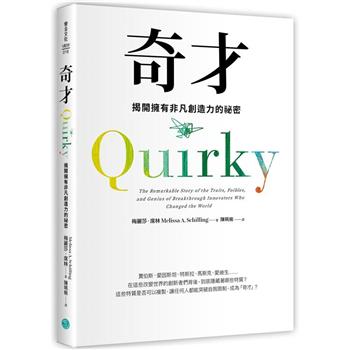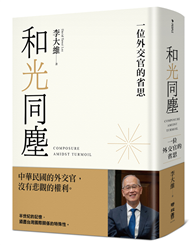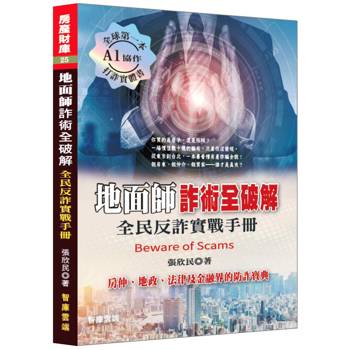"shinto: the way of the gods - the ancient religion of japan and its influence on society" is a comprehensive examination of the shinto religion and its significance in japanese society. shinto, which literally means "way of the gods," is one of the oldest religions in the world and has a profound influence on japanese culture, history, and identity. in this book, we explore the origins of shintoism and the fundamental principles of this religion. we take a look at the various types of shinto shrines and their significance as places of worship and purification. furthermore, we examine the diverse rituals and ceremonies practiced in shinto and how they shape the spiritual lives of people in japan. another important topic is the connection between shinto and nature. in shintoism, it is believed that nature is inhabited by spirits or gods, and this concept has a strong influence on the understanding and treatment of the environment in japan. we also consider the connection between shinto and japanese mythology, as many of the gods and goddesses of shinto play a role in ancient japanese myths and legends. an additional aspect is the importance of shinto in family life. family rituals and ancestor veneration are integral parts of shinto beliefs and have a significant impact on family relationships in japan. furthermore, we shed light on the influence of shinto on japanese art. whether it is painting, architecture, theater, or music, shintoism has greatly shaped the artistic expressions of japan. additionally, we examine the political history of japan and the influence of shinto on the country’s development. particularly during the imperial era, shintoism played a significant role as an instrument of state ideology and as a justification for imperialistic aspirations. throughout the book, we also consider the role of shinto in modern society. how has the faith changed over time, and how is it practiced in contemporary times? we take a look at the influence of shinto on
| FindBook |
有 1 項符合
Shinto - The Way of Gods: the ancient religion of japan and its influence on society的圖書 |
 |
Shinto - The Way of Gods: the ancient religion of japan and its influence on society 作者:Candahashi 出版社:Tredition Gmbh 出版日期:2023-10-11 語言:英文 規格:平裝 / 240頁 / 20.32 x 12.7 x 1.4 cm / 普通級/ 初版 |
| 圖書館借閱 |
| 國家圖書館 | 全國圖書書目資訊網 | 國立公共資訊圖書館 | 電子書服務平台 | MetaCat 跨館整合查詢 |
| 臺北市立圖書館 | 新北市立圖書館 | 基隆市公共圖書館 | 桃園市立圖書館 | 新竹縣公共圖書館 |
| 苗栗縣立圖書館 | 臺中市立圖書館 | 彰化縣公共圖書館 | 南投縣文化局 | 雲林縣公共圖書館 |
| 嘉義縣圖書館 | 臺南市立圖書館 | 高雄市立圖書館 | 屏東縣公共圖書館 | 宜蘭縣公共圖書館 |
| 花蓮縣文化局 | 臺東縣文化處 |
|
|
圖書介紹 - 資料來源:博客來 評分:
圖書名稱:Shinto - The Way of Gods: the ancient religion of japan and its influence on society
|










